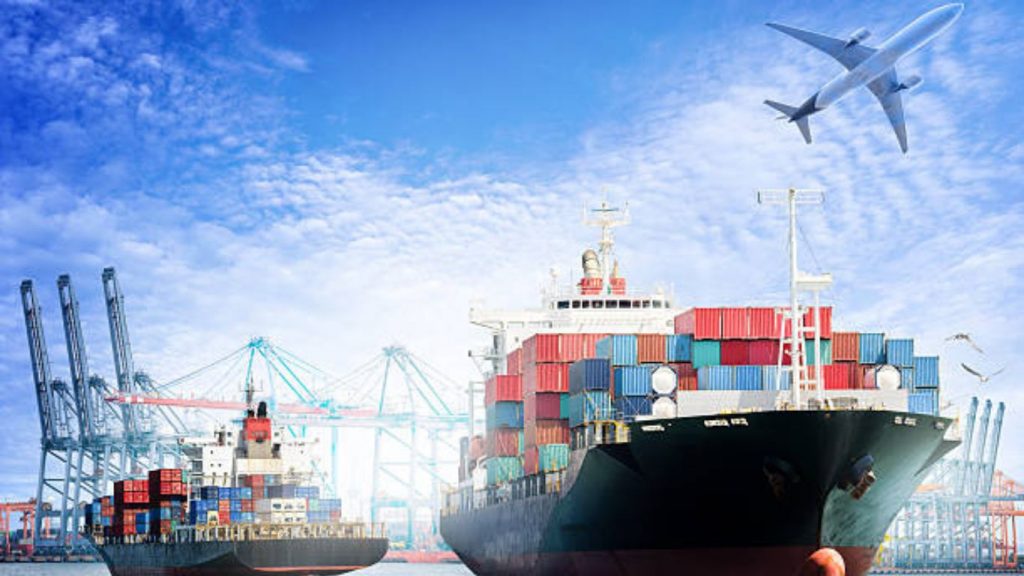Discover the importance of container loading inspection in ensuring safety and efficiency. Learn more now. The loading of containers and their inspection play a crucial role in ensuring safety and efficiency in the transportation of goods. Whether you are a business owner, logistics manager, or simply interested in understanding the intricacies of container loading, this blog will provide you with essential insights into the significance and benefits of this process.
The Importance of Container Loading Inspection
Container loading inspection is a critical aspect of the logistics and transportation industries. It involves a thorough examination of the loading process to ensure that goods are properly secured and that the container is optimally utilized. This process is essential for maintaining the integrity of the cargo and preventing potential risks during transit.
1. Securing of Goods: Properly securing goods within the container is vital to prevent shifting and damage during transportation.
2. Weight Distribution: Ensuring even weight distribution within the container is crucial for maintaining stability and safety during transit.
3. Compliance with Regulations: Container loading inspection ensures compliance with industry regulations and standards, minimizing the risk of penalties or delays.
4. Maximizing Container Space: Efficient loading practices help maximize the use of container space, reducing transportation costs and environmental impact.
5. Damage Prevention: Careful inspection helps identify potential risks of damage to the cargo, allowing for preventive measures to be implemented.
6. Safety Assurance: By verifying the secure stowage of goods, container loading inspection enhances overall safety for both the cargo and transportation personnel.
7. Risk Mitigation: Identifying and addressing potential risks during the loading process minimizes the likelihood of accidents or loss of goods.
8. Quality Control: Inspection procedures contribute to maintaining the quality and condition of the cargo, meeting customer expectations upon delivery.
The Role of Technology in Container Loading Inspection
Advancements in technology have significantly enhanced container loading inspection processes. From the use of RFID tracking systems to automated weight distribution algorithms, technology plays a pivotal role in ensuring accuracy and efficiency during the inspection process.
1. RFID Tracking: Real-time tracking of goods within the container enables precise monitoring and enhances security measures.
2. Automated Load Planning: Advanced software solutions aid in optimizing load distribution, taking into account various cargo characteristics and container specifications.
3. Data Analytics: Utilizing data analytics, logistics professionals can gain valuable insights into loading patterns and make informed decisions for process improvement.
4. Enhanced Safety Measures: Technology-driven inspection tools contribute to improved safety standards and risk management protocols.
5. Streamlined Processes: Automation and digitalization streamline container loading inspections, reducing manual errors and operational inefficiencies.
6. Industry Compliance: Technological advancements facilitate adherence to industry regulations and standards, ensuring legal and ethical compliance.
7. Environmental Impact: Efficient loading practices driven by technology contribute to reducing fuel consumption and carbon emissions, promoting sustainability.
8. Cost Optimization: Technology-enabled inspection processes help minimize operational costs and enhance overall supply chain efficiency.
The Future of Container Loading Inspection
Looking ahead, the optimization and integration of advanced technologies, such as artificial intelligence and machine learning, are expected to revolutionize container loading inspection. These developments will further elevate safety standards, operational efficiency, and environmental sustainability within the logistics industry.
By embracing technological advancements and adhering to best practices, businesses and logistics professionals can ensure the seamless and secure loading of containers, ultimately fostering trust and confidence in the global supply chain.

